
Scene on Radio
Kenan Institute for Ethics at Duke UniversityScene on Radio is a two-time Peabody-nominated podcast that dares to ask big, hard questions about who we are—really—and how we got this way. Our latest is Season 7, Scene on Radio: Capitalism. Previous series include Seeing White (Season 2), looking at the roots and meaning of white supremacy; MEN (Season 3), on patriarchy and its history; The Land That Never Has Been Yet (Season 4), exploring democracy in the U.S. and why we don’t have more of it; The Repair (Season 5), on the cultural roots of the climate crisis; and Season 6, Echoes of a Coup, the story of the only successful coup d'etat in U.S. history, in Wilmington, North Carolina, in 1898. Produced and hosted by John Biewen, with collaborators, Scene on Radio comes from the Kenan Institute for Ethics at Duke University.
The show is distributed by PRX.
Scene on Radio is a two-time Peabody-nominated podcast that dares to ask big, hard questions about who we are—really—and how we got this way. Our latest is Season 7, Scene on Radio: Capitalism. Previous series include Seeing White (Season 2), looking at the roots and meaning of white supremacy; MEN (Season 3), on patriarchy and its history; The Land That Never Has Been Yet (Season 4), exploring democracy in the U.S. and why we don’t have more of it; The Repair (Season 5), on the cultural roots of the climate crisis; and Season 6, Echoes of a Coup, the story of the only successful coup d'etat in U.S. history, in Wilmington, North Carolina, in 1898. Produced and hosted by John Biewen, with collaborators, Scene on Radio comes from the Kenan Institute for Ethics at Duke University.
The show is distributed by PRX.









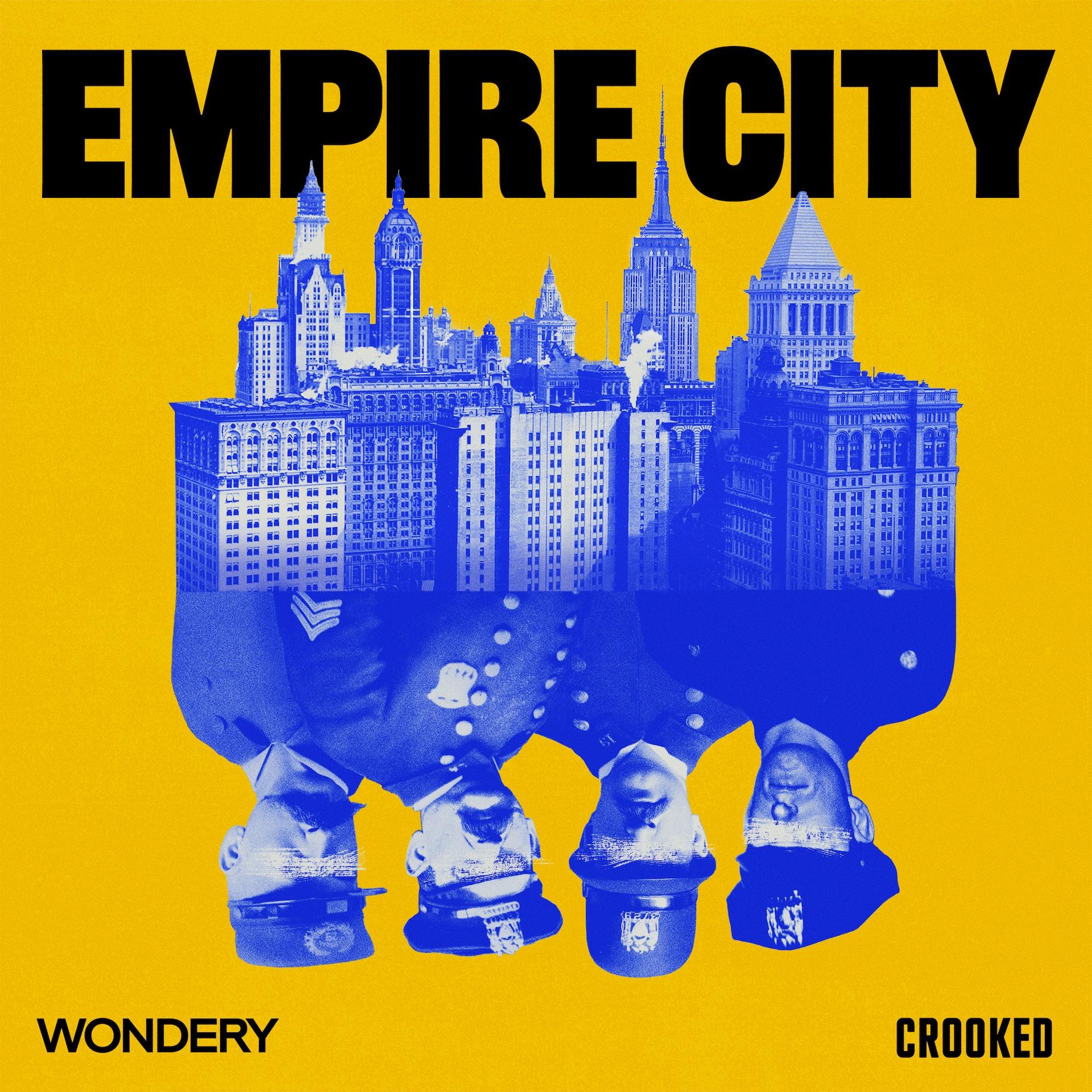













































































































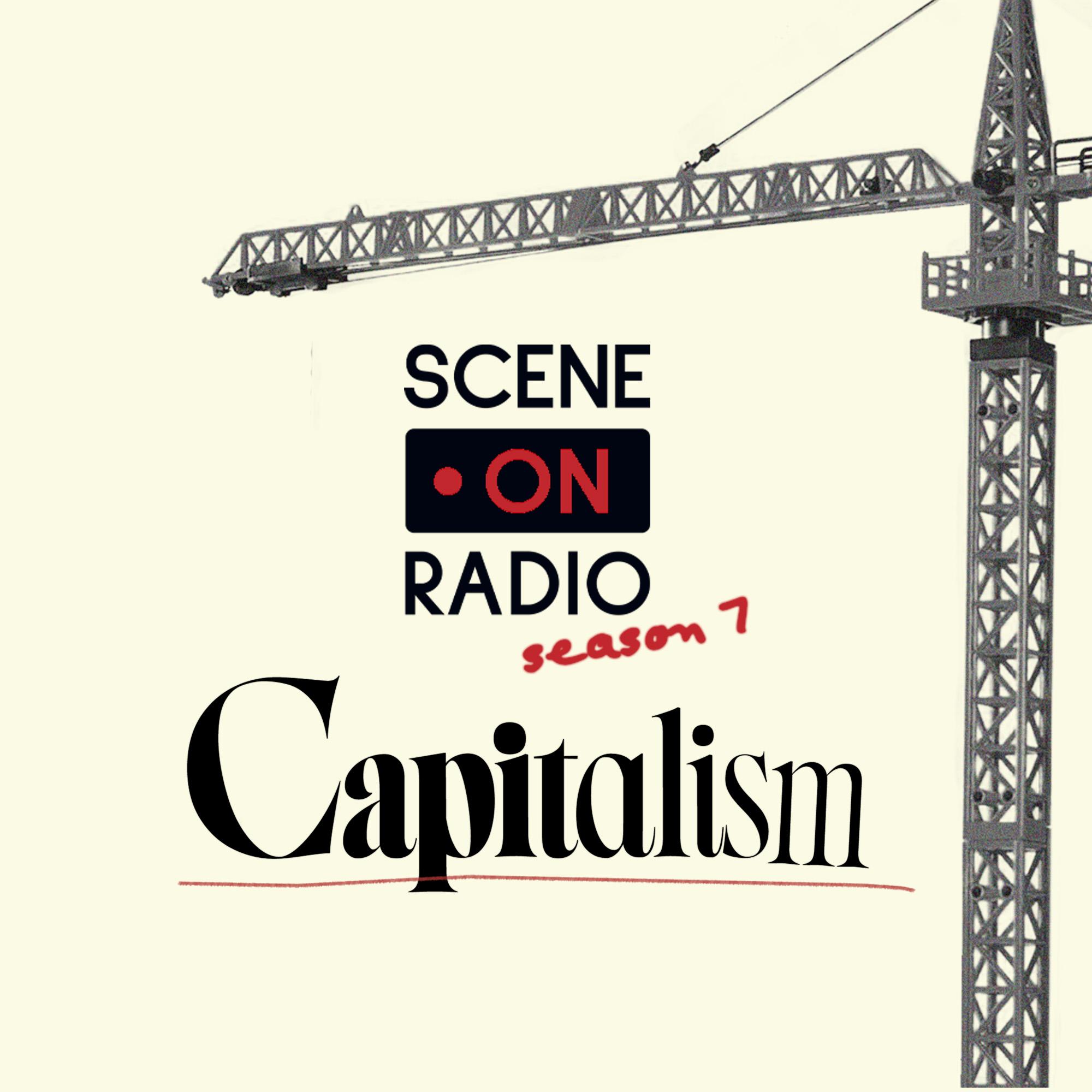
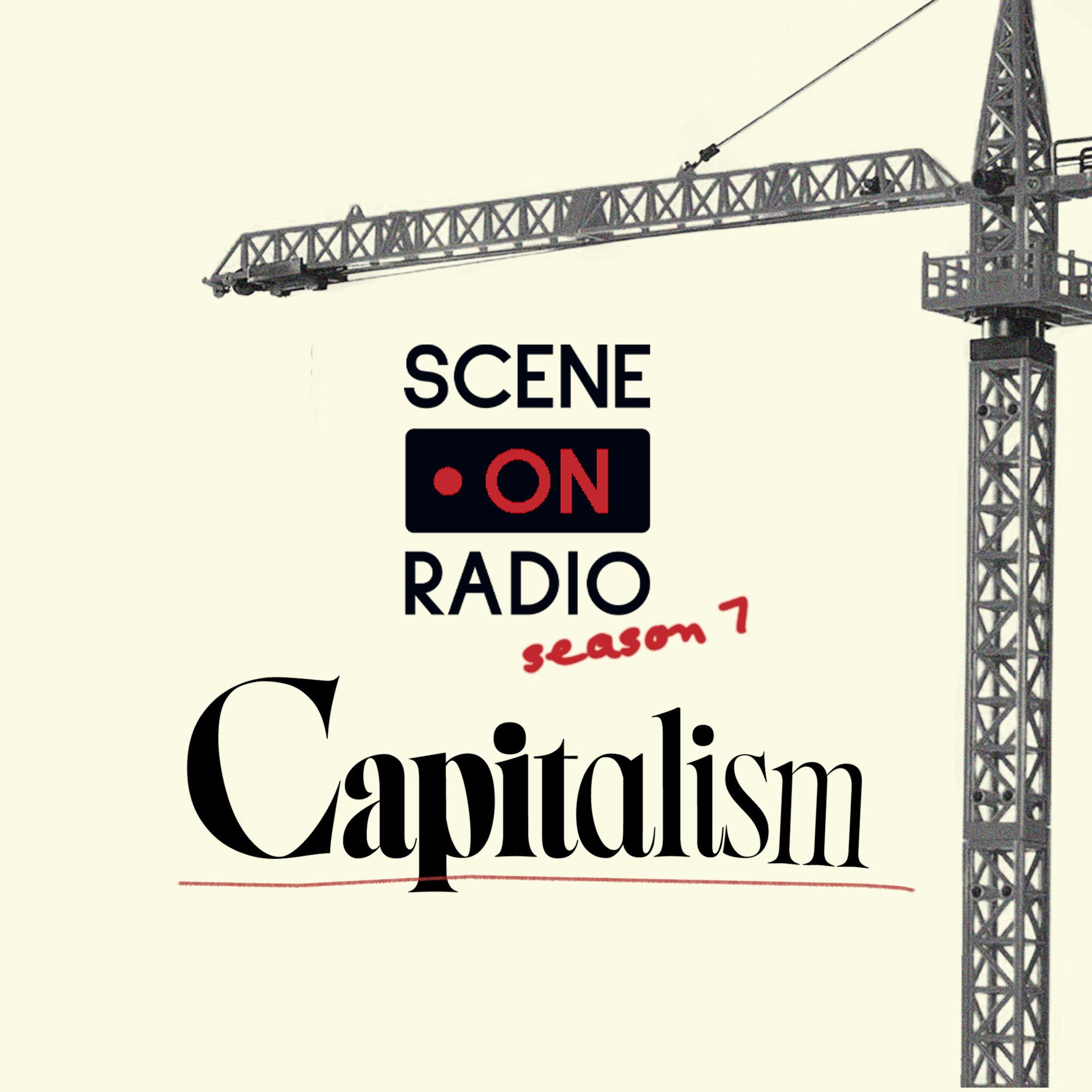
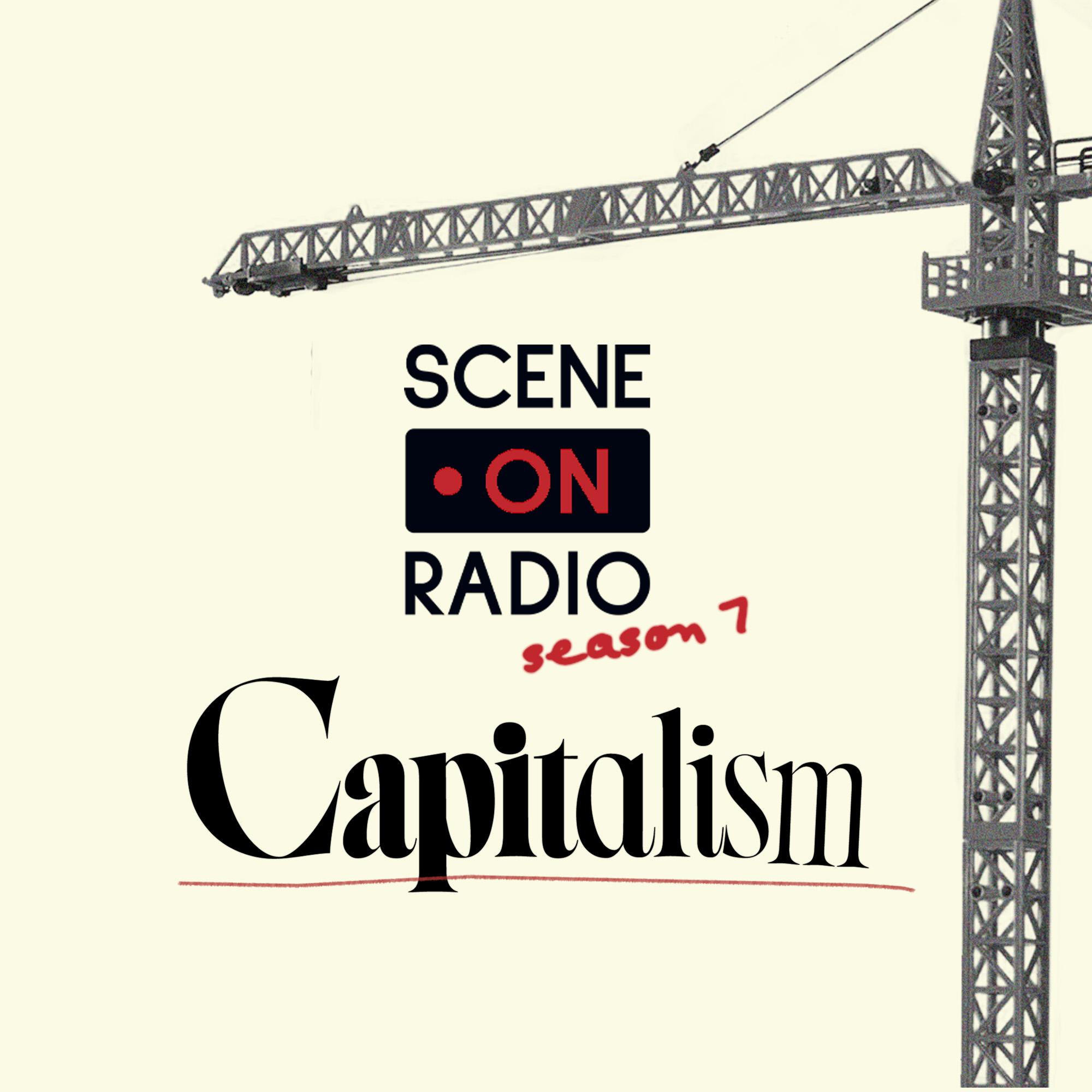
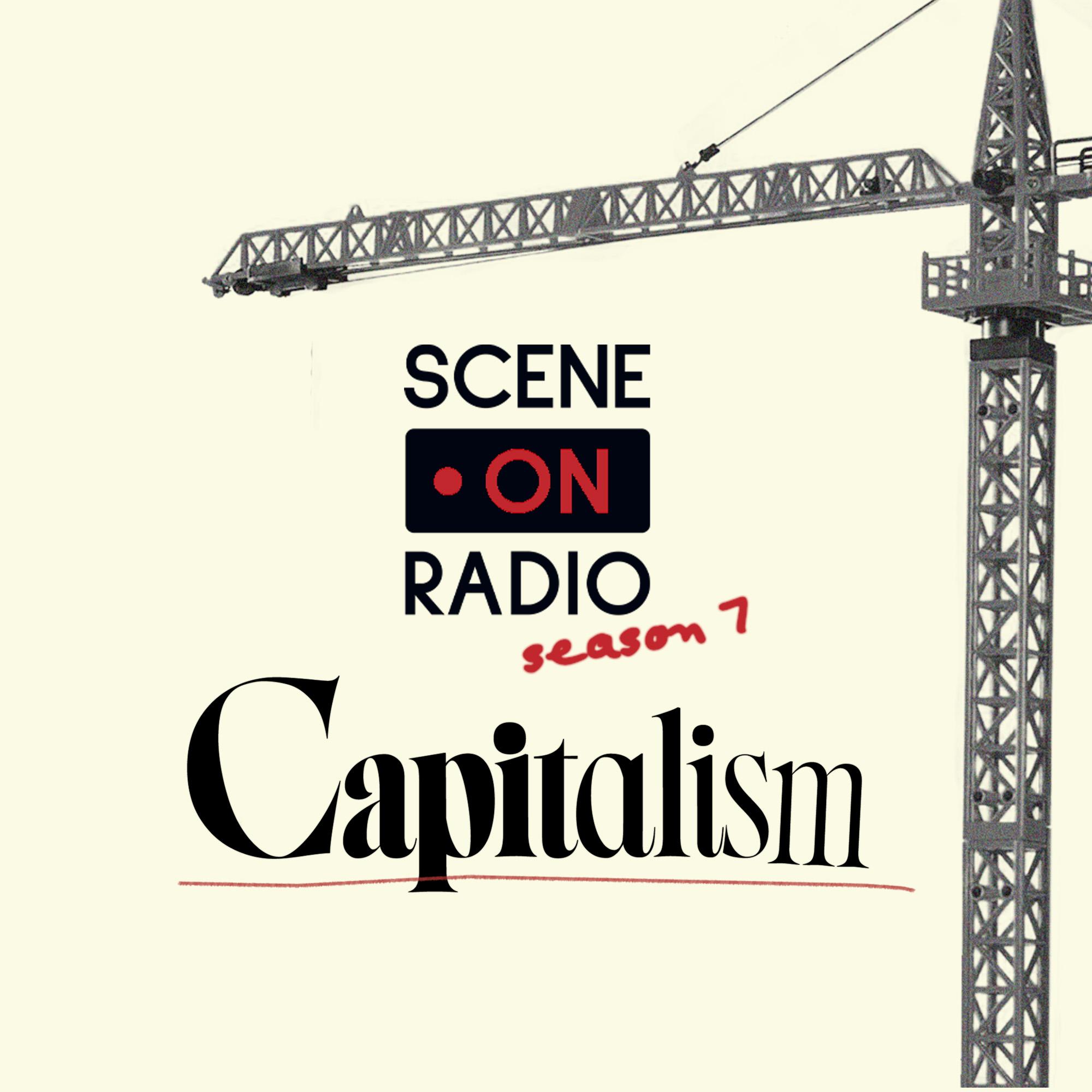
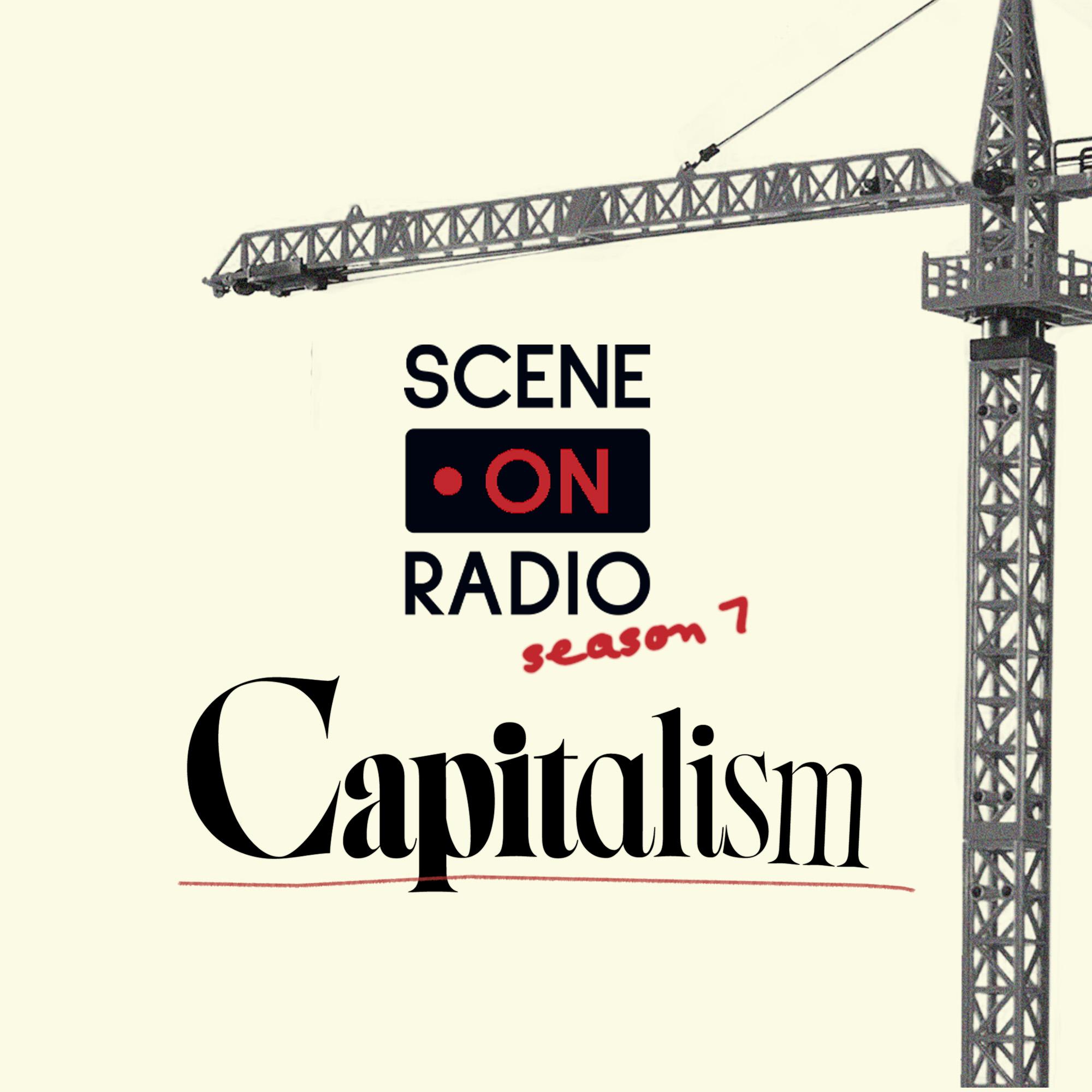
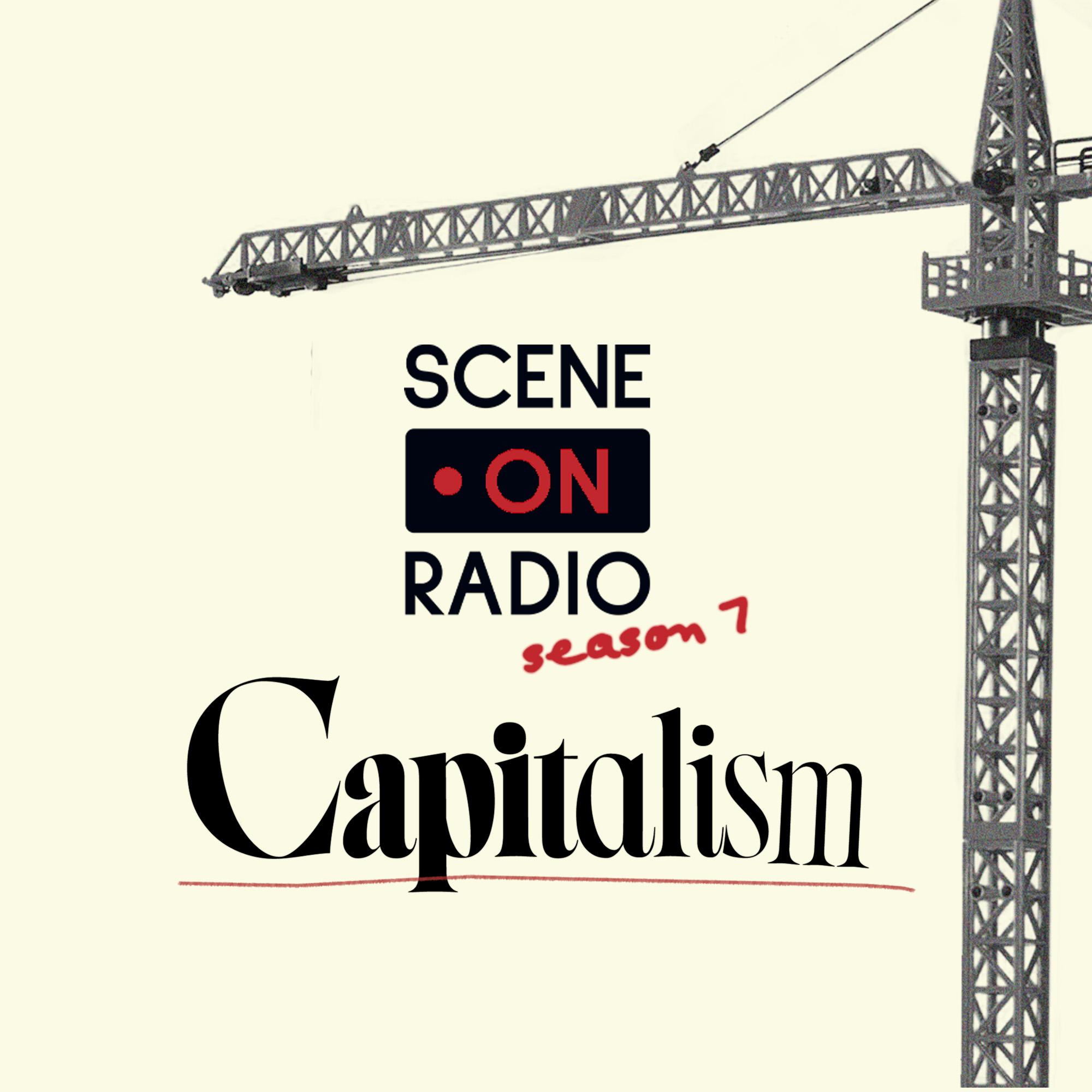
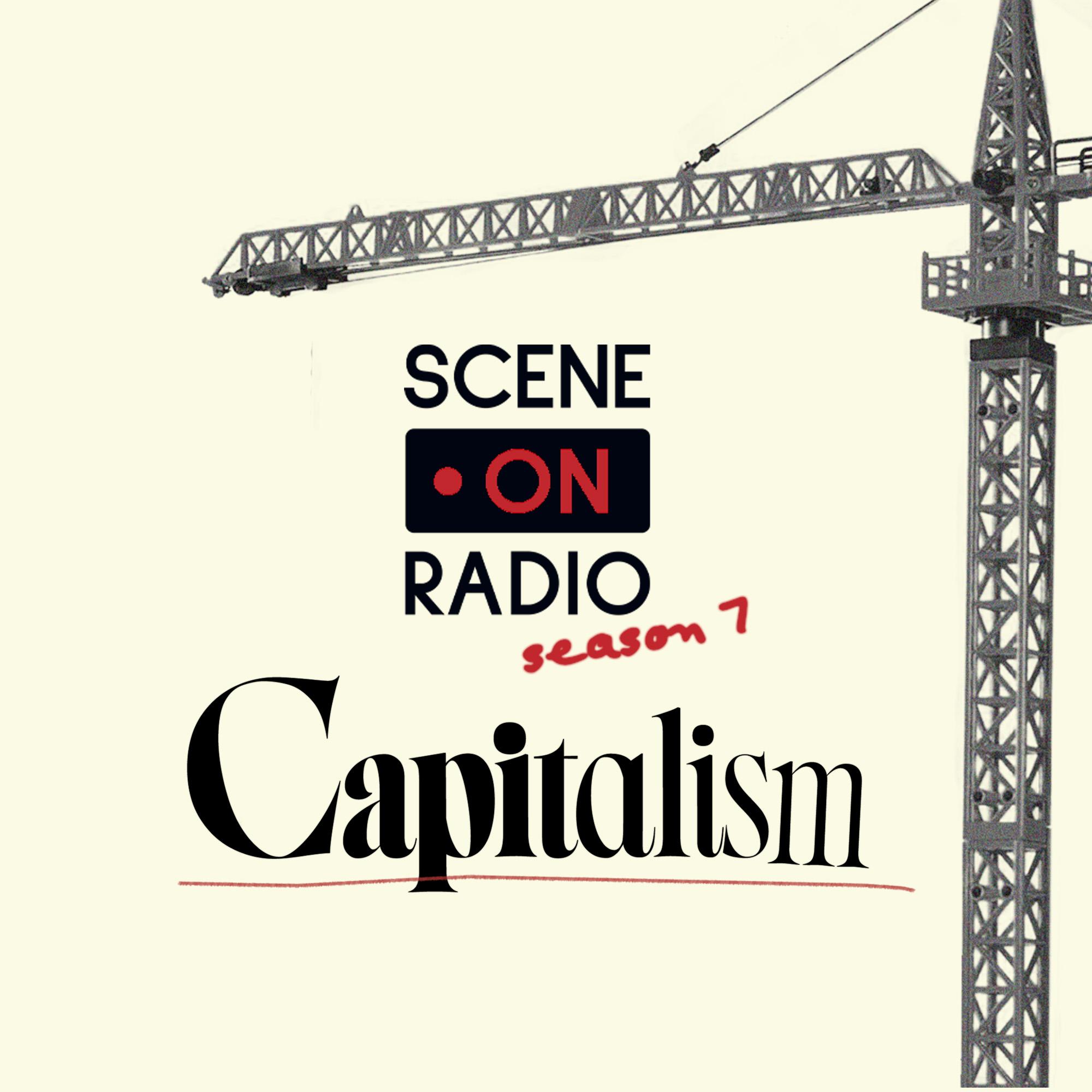
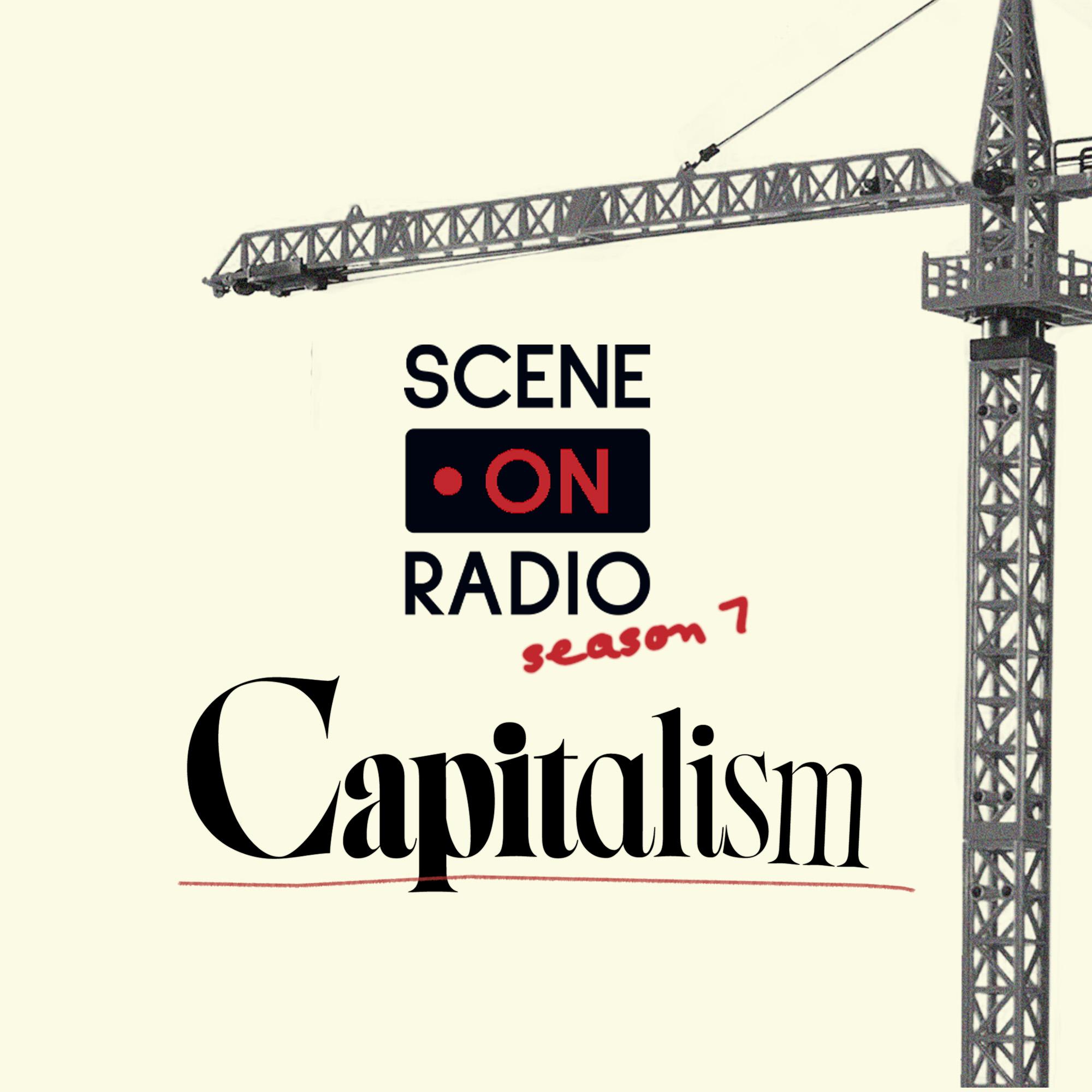
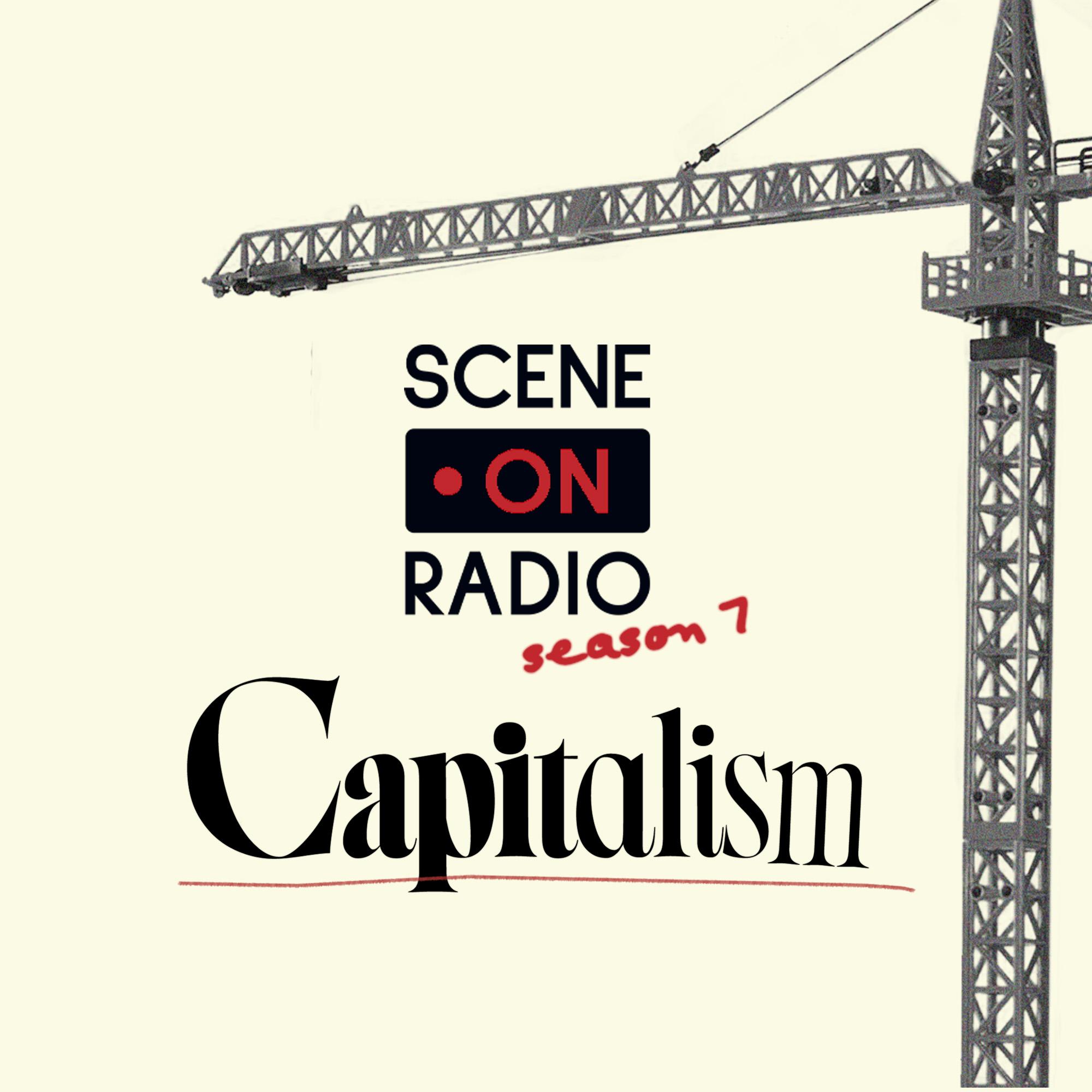
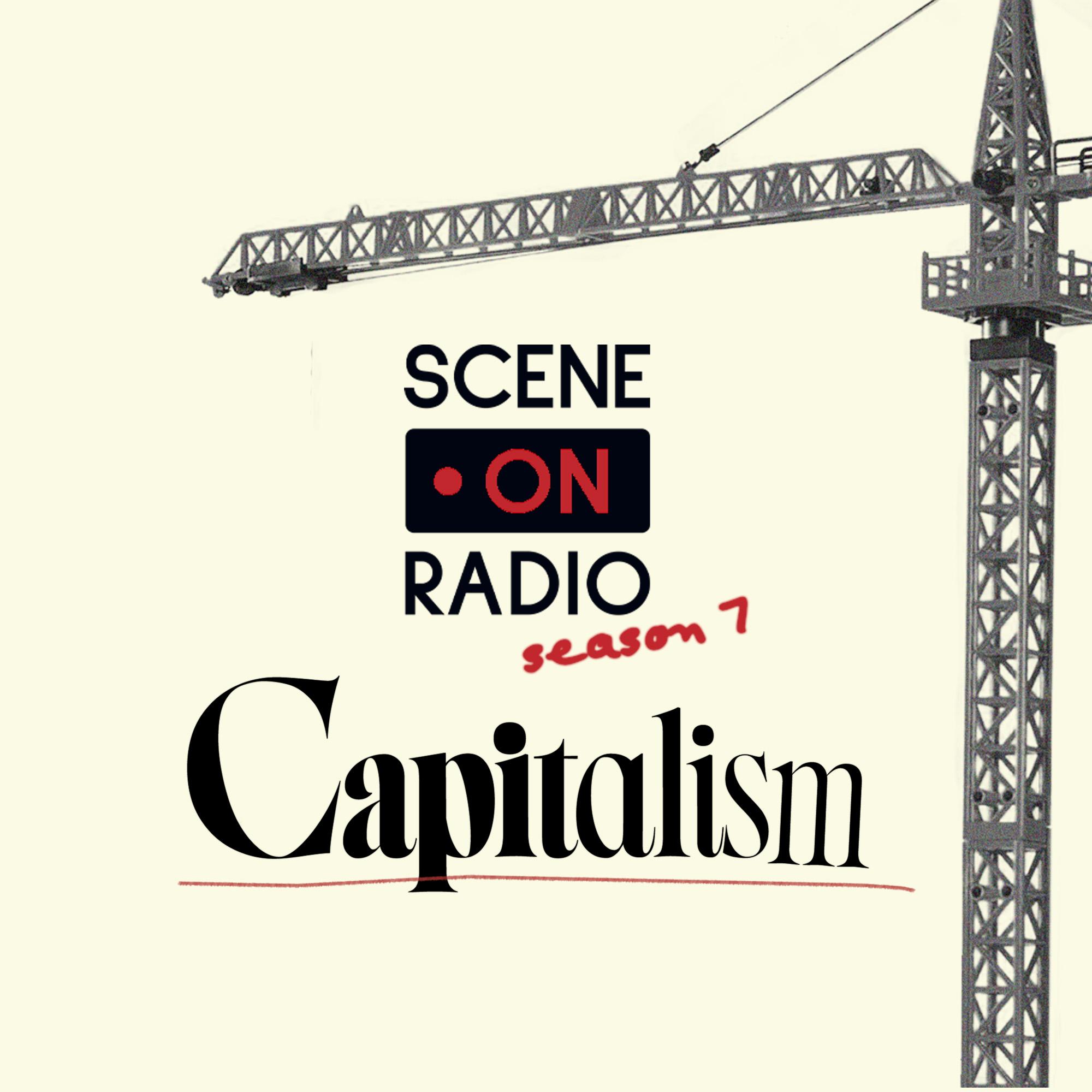
S4 E7: Freedom Summer

In the summer of 1964, about a thousand young Americans, black and white, came together in Mississippi to place themselves in the path of white supremacist power and violence. They issued a bold pro-democracy challenge to the nation and the Democratic Party.
Produced by John Biewen, with series collaborator Chenjerai Kumanyika. Interviews with John Lewis, Bob Moses, Unita Blackwell, Hollis Watkins, Dorie Ladner, and many others.
The series editor is Loretta Williams. Freedom song recordings courtesy of Smithsonian Folkways. Other music by Algiers, John Erik Kaada, Eric Neveux, and Lucas Biewen. Music consulting and production help from Joe Augustine of Narrative Music.
Photo: A Freedom Summer worker in Mississippi, 1964. Photo by Steve Schapiro.
Learn about your ad choices: dovetail.prx.org/ad-choices